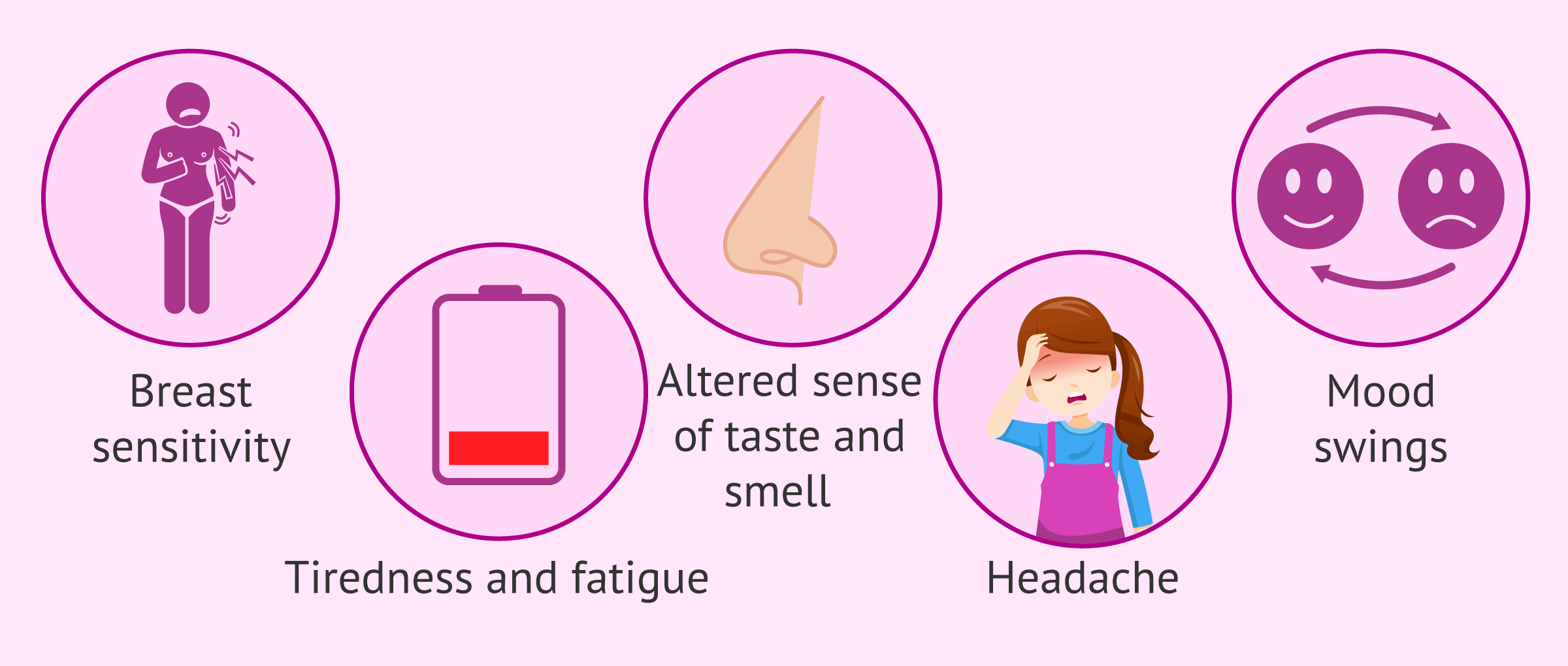
Week 3 of Pregnancy: A Comprehensive Guide to Early Pregnancy Symptoms
Pregnancy is a transformative journey that begins with a single fertilized egg. As the embryo implants in the uterine lining, a cascade of hormonal changes triggers a range of physical and emotional symptoms. Understanding these early pregnancy signs can help you navigate the first trimester with confidence and prepare for the exciting months ahead.
Week 3 Pregnancy Symptoms: A Timeline
- Implantation Bleeding: Around 10-14 days after ovulation, the fertilized egg implants in the uterine lining, causing light spotting or bleeding. This is a common early pregnancy symptom, but it can also occur during menstruation.
- Breast Tenderness: Hormonal fluctuations can cause breast tenderness, swelling, and a feeling of heaviness. This symptom may start as early as week 3 and intensify throughout the first trimester.
- Nausea and Vomiting: Morning sickness, also known as nausea and vomiting of pregnancy, typically begins around week 6-8. However, some women may experience it as early as week 3.
- Fatigue: Progesterone, a hormone that supports pregnancy, can cause extreme fatigue. You may feel exhausted and in need of naps throughout the day.
- Frequent Urination: Increased blood flow to the pelvic area can put pressure on the bladder, leading to more frequent urination.
- Mood Swings: Hormonal changes can affect mood, causing irritability, anxiety, or emotional sensitivity.
- Bloating: Progesterone can slow down digestion, leading to bloating and gas.
- Constipation: Similar to bloating, progesterone can also cause constipation.
- Lightheadedness: Changes in blood pressure and blood sugar levels can cause lightheadedness or dizziness, especially when standing up.
- Food Cravings or Aversions: Altered taste and smell can lead to food cravings or aversions. You may find yourself craving certain foods or avoiding others that you previously enjoyed.
- Metallic Taste in Mouth: Some women experience a metallic taste in their mouth during early pregnancy.
Other Possible Symptoms
In addition to the common symptoms listed above, some women may also experience:
- Acne: Hormonal changes can trigger acne breakouts.
- Headaches: Increased blood flow can cause headaches.
- Backaches: Progesterone can relax the ligaments, leading to back pain.
- Pelvic Cramps: Mild cramping is normal in early pregnancy as the uterus expands.
- Vaginal Discharge: Increased blood flow can cause a milky or clear vaginal discharge.
When to See a Doctor
While most early pregnancy symptoms are normal, it’s important to seek medical attention if you experience:
- Severe abdominal pain or cramping
- Heavy bleeding or blood clots
- Fever or chills
- Persistent nausea or vomiting that prevents you from keeping food down
- Sudden loss of pregnancy symptoms
- Vaginal bleeding after a positive pregnancy test
Managing Early Pregnancy Symptoms
Managing early pregnancy symptoms can help you feel more comfortable and cope with the physical and emotional changes. Here are some tips:
- Get plenty of rest: Fatigue is common in early pregnancy. Listen to your body and take naps when needed.
- Eat small, frequent meals: This can help prevent nausea and vomiting.
- Stay hydrated: Drink plenty of fluids to avoid dehydration.
- Exercise regularly: Moderate exercise can help reduce fatigue and improve mood.
- Manage stress: Stress can exacerbate pregnancy symptoms. Find healthy ways to manage stress, such as yoga, meditation, or spending time in nature.
- Talk to your partner or support system: Share your experiences and seek support from those around you.
- Consider prenatal vitamins: Prenatal vitamins can help ensure you’re getting the nutrients you and your baby need.
Conclusion
Week 3 of pregnancy is a time of significant hormonal changes and early pregnancy symptoms. Understanding these symptoms can help you navigate the first trimester with confidence. By managing your symptoms and seeking medical attention when necessary, you can ensure a healthy and fulfilling pregnancy journey. Remember, every pregnancy is unique, and your symptoms may vary from those described here. Always consult with your healthcare provider for personalized guidance and support.